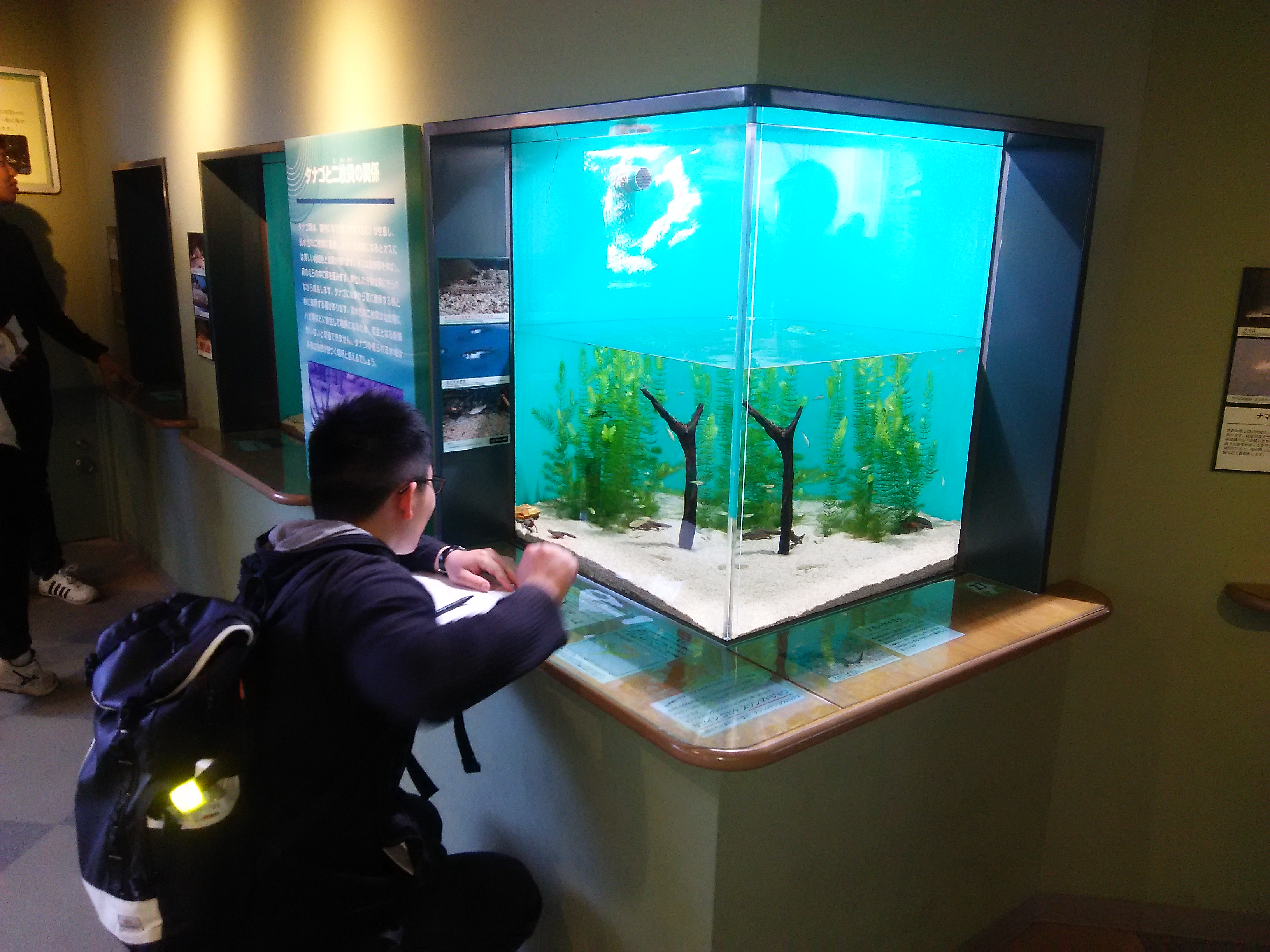Department of Life Sciences
The Department of Life Sciences, launched in 2018 by integrating the former two departments relating to biology and life technology, has set a mission to foster human resources that are required for our creative society. Our new education and research programs aim to provide undergraduate students with fundamental knowledge in biology, ecology and life sciences, as well as skills applicable in the fields of drug design, food, medical and agricultural sciences. In the second year grade, the department will provide four courses to advance students’ knowledge and skills in more specialized ways. “Cell Biology” and “Aquatic Biology and Biodiversity” courses offer biology and ecology-oriented curricula. Research areas are protozoan ecology and cell biology, symbiosis between protozoa and alga, plant physiology, biotechnology and molecular biology, systematic and evolutionary botany, behavioral and theoretical ecology, molecular physiology of sensory reception, developmental biology, evolutionary genetics, histology, hair biology and marine biology. “Biochemistry and Life Sciences” and “Food and Life Sciences” courses offer chemistry and biotechnology-oriented curricula. Research areas include organic synthesis, molecular structure, nuclear magnetic resonance, gene manipulation, genetic information, tissue culture, molecular biology, cellular information, environmental biochemistry, informational molecules, microbial technology, and food science and nutrition.
